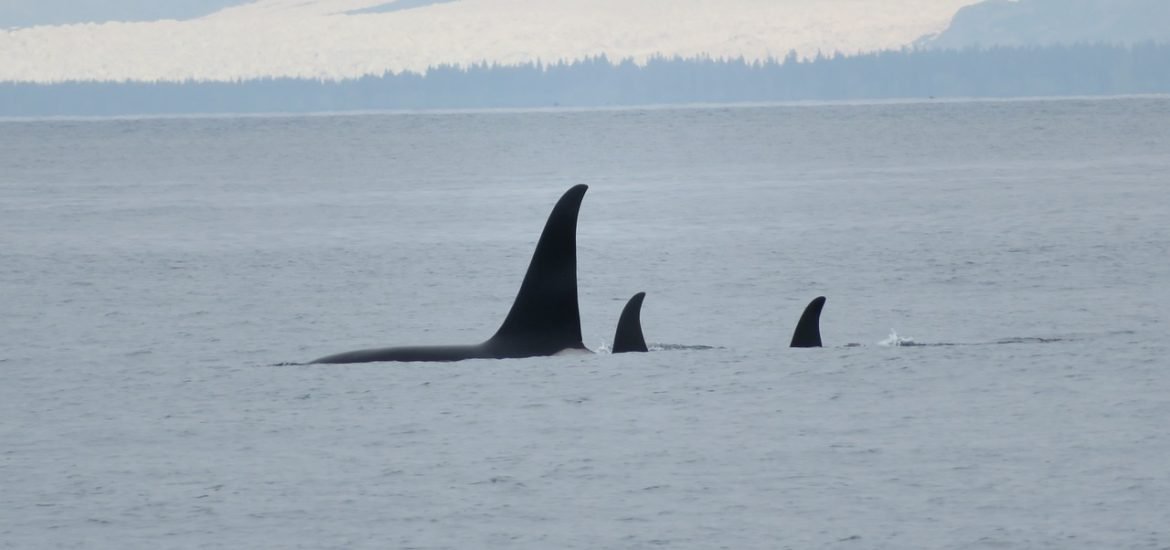
Older post-menopause female orcas protect their sons against fighting with other whales, according to a study published in Current Biology. However, the same treatment is not extended to the daughters.
The team from the universities of Exeter and York, and the Center for Whale Research, UK, analysed tooth marks left when one whale scrapes their teeth against the skin of another. These killer whales have no natural predators apart from humans, so tooth marks on their skin can only be inflicted by other killer whales. It turned out male whales had fewer marks if their mother was present and had stopped breeding.
Only six species of animals undergo menopause – humans and five species of toothed whales. Curiously, this study adds to growing evidence that post-menopause females protect their sons, especially males. “We were fascinated to find this specific benefit for males with their post-reproductive mother,” said lead author Charli Grimes from the Centre for Research in Animal Behaviour at the University of Exeter. “These males had 35% fewer tooth marks than other males. For males whose mother was still breeding, we found no evidence that her presence reduced tooth rake injuries. We can’t say for sure why this changes after menopause, but one possibility is that ceasing breeding frees up time and energy for mothers to protect their sons.”
This study seems to suggest that instead of competing with their daughters to breed – female killer whales “prefer” to pass on their genes by helping their male offspring. “Males can breed with multiple females, so they have more potential to pass on their mother’s genes. Also, males breed with females outside their social group – so the burden of raising the calf falls on another pod,” said Grimes.
“It’s possible that the older females use their experience to help their sons navigate social encounters with other whales. They will have previous experience of individuals in other pods and knowledge of their behaviour, and could therefore lead their sons away from potentially dangerous interactions,” said Professor Darren Croft from the University of Exeter. “The similarities with humans are intriguing. Just as in humans, it seems that older female whales play a vital role in their societies – using their knowledge and experience to provide benefits, including finding food and resolving conflict.”
Grimes C, Brent L et al (2023) Postreproductive female killer whales reduce socially inflicted injuries in their male offspring. Current Biology, 33:3250-56 https://doi.org/10.1016/j.cub.2023.06.039